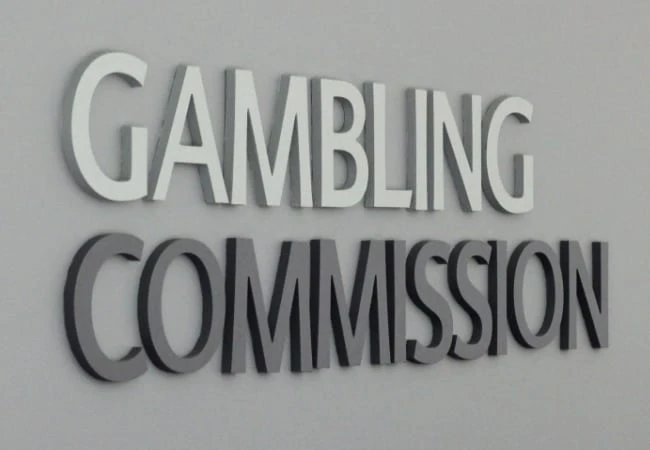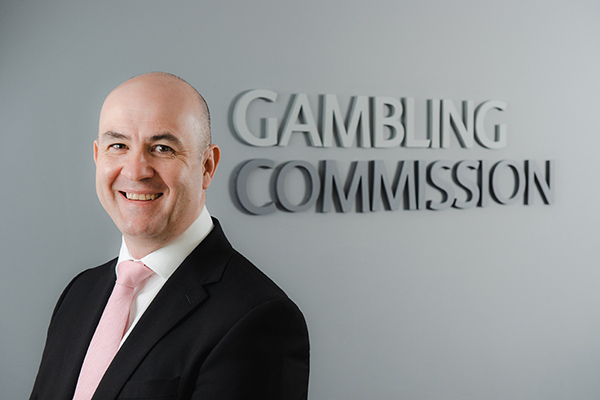Gambling Commission establishes Industry Forum

The forum will aim to give the Commission more insight into the views of operators. It will act as a companion to several stakeholder engagement initiatives and advisory groups. These include the Commission’s Lived Experience Advisory Panel and Advisory Board for Safer Gambling.
The forum will also sit alongside the Commission’s consumer research activities. It will also aid relationships with customer insight companies and relationships with regulators worldwide.

The creation of the forum comes after the Commission attempted to clarify “misunderstandings” surrounding financial risk checks – also known as affordability checks – in a blog post last week.
Andrew Rhodes, CEO of the Commission wrote that the regulator had seen “a significant amount of misinformation… in direct responses to the consultation, in the media and on social media” in relation to the checks.
Marcus Boyle, Commission chair said the forum would give the regulator a new way to communicate with industry representatives.
“We’ve always listened to the views of the industry when deciding how best to make progress but this new forum will give us another way to work with representatives from the industry we regulate,” he said.
In total, the forum will consist of ten members. A chair will be recruited and appointed for a three-year term. Recruitment for the role of chair will begin this month.
Gambling Act review white paper consultations
This new bid to engage with industry comes as it consults with the sector on future gambling reform. These consultations, which opened in July, examine a number of proposed measures in the Gambling Act white paper.
Last week, Rhodes said that affordability checks had dominated responses submitted to the Gambling Act review white paper consultations so far.
Giving evidence at the department for culture, media and sport select committee hearing on gambling regulation, Rhodes warned rushing the consultations would be dangerous.
“In order for us to do our jobs correctly, the consultations have got be meaningful,” he said. “We can’t simply have the illusion of consultation. If we did, we would leave ourselves open quite rightly to legal challenge.”
